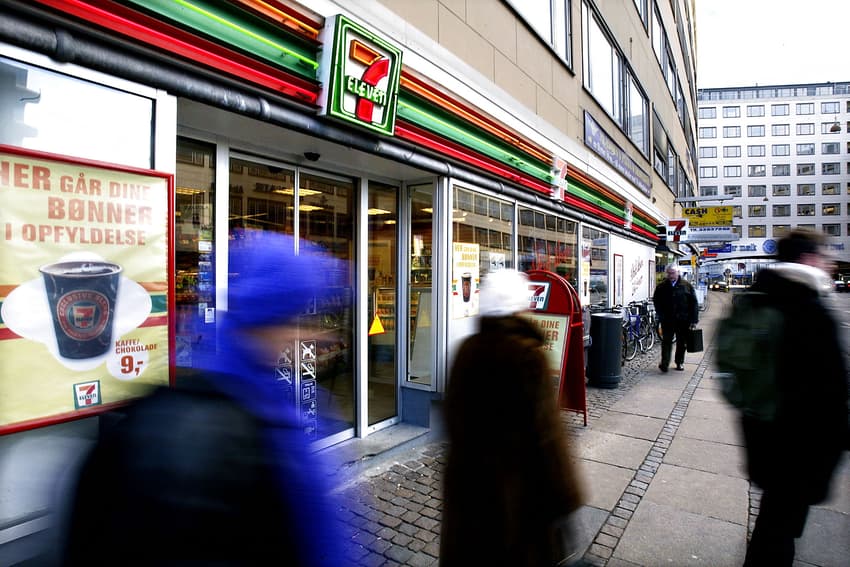Danish convenience stores closed by suspected cyber attack

The convenience store chain 7-eleven has closed all of its outlets across Denmark on Monday after being hit by a suspected cyber attack.
A suspected cyber attack on 7-eleven stores, ubiquitous in large towns and at rail stations across Denmark, means that “we cannot use cash registers and/or receive payments,” the company wrote on its Facebook page.
“We are therefore closed until we know the extent [of the attack]. We hope to be able to open stores again soon,” it wrote.
There are 176 7-eleven stores in total in Denmark.
The company’s CEO, Jesper Østergaard, told broadcaster DR that cash registers “suddenly” began to malfunction in stores.
“This has never happened before and we’re working hard to find out what exactly has happened,” he said.
“There is currently no timescale so we are keeping all of our stores closed. We will decide later what to do next,” he told the broadcaster around midday on Monday.
All stores in the country are affected with some placing paper signs in their windows to inform customers of the closure, according to reports.
Comments
See Also
A suspected cyber attack on 7-eleven stores, ubiquitous in large towns and at rail stations across Denmark, means that “we cannot use cash registers and/or receive payments,” the company wrote on its Facebook page.
“We are therefore closed until we know the extent [of the attack]. We hope to be able to open stores again soon,” it wrote.
There are 176 7-eleven stores in total in Denmark.
The company’s CEO, Jesper Østergaard, told broadcaster DR that cash registers “suddenly” began to malfunction in stores.
“This has never happened before and we’re working hard to find out what exactly has happened,” he said.
“There is currently no timescale so we are keeping all of our stores closed. We will decide later what to do next,” he told the broadcaster around midday on Monday.
All stores in the country are affected with some placing paper signs in their windows to inform customers of the closure, according to reports.
Join the conversation in our comments section below. Share your own views and experience and if you have a question or suggestion for our journalists then email us at [email protected].
Please keep comments civil, constructive and on topic – and make sure to read our terms of use before getting involved.
Please log in here to leave a comment.